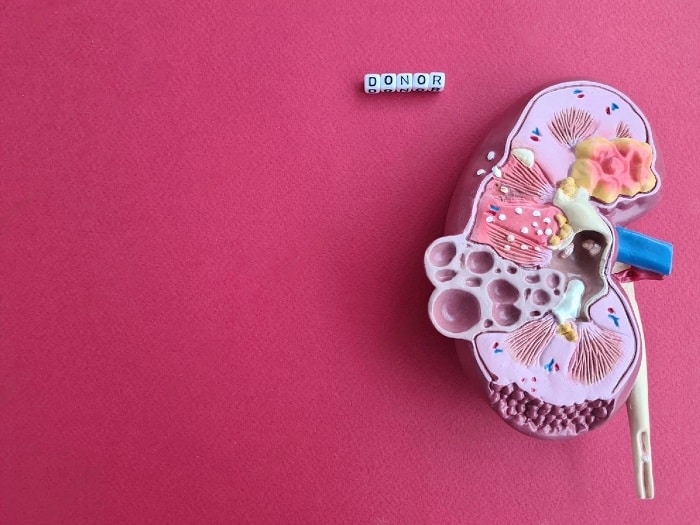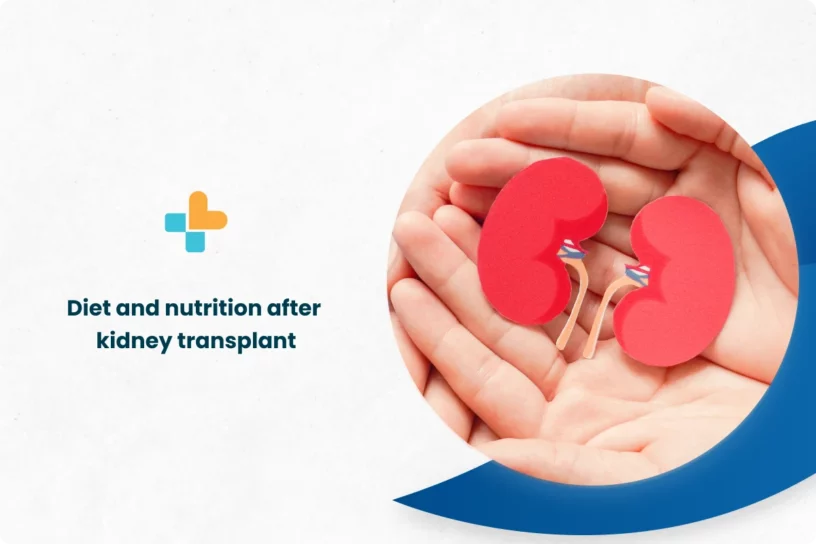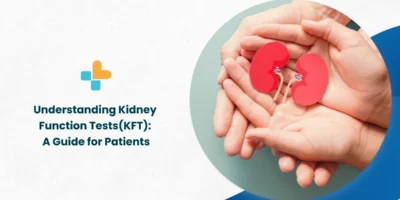Introductory Paragraph
A kidney transplant is a major surgery and requires a significant change in lifestyle and diet to ensure the success of the transplant and to maintain the health of the patient. In this article, we will explore the importance of proper diet after transplant, foods to take and foods to avoid and a diet chart for kidney transplant patients.
The Importance of Proper Diet after transplant
Proper diet and nutrition are essential for the recovery and long-term health of kidney transplant patients. A healthy diet can help to prevent complications, such as infection and rejection, and can help to ensure the success of the transplant.

Foods to take
After a kidney transplant, it is important to follow a diet that is low in salt, protein and sugar. The following foods should be included in the diet:
Continuation of a low salt diet – A low-salt diet is important to help control blood pressure and prevent fluid retention.
Proteins – Adequate protein is important for wound healing and overall health. Fish, poultry, and lean meats are good protein choices.
Eat More Fruit & Vegetables – Eating fruits and vegetables can help to provide essential vitamins, minerals, and antioxidants.
Increase your fiber intake – Fiber is important for regular bowel movements and can help to prevent constipation.
Choose foods low in sugar – High sugar intake can lead to weight gain and increase the risk of diabetes.
Include calcium and vitamin D rich foods – Calcium and vitamin D are important for bone health.
Foods to Avoid
Certain foods should be avoided after a kidney transplant as they can be harmful to the kidneys. These include:
Meat, fish and poultry – they should be avoided or limited as they are high in protein and can strain the kidneys.
Certain dairy products – they should be avoided or limited as they are high in protein and can strain the kidneys.
Diet Chart
A diet chart for kidney transplant patients should include a balance of fruits, vegetables, whole grains, lean proteins, and low-fat dairy products. It is important to consult a dietitian or a healthcare professional to create a personalized diet chart that meets the patient’s specific needs.
Conclusion
A kidney transplant is a major surgery and requires a significant change in lifestyle and diet to ensure the success of the transplant and to maintain the health of the patient. Proper diet and nutrition are essential for the recovery and long-term health of kidney transplant patients. It is important to follow a diet that is low in salt, protein and sugar, include foods that are rich in vitamins, minerals, and antioxidants, and to avoid foods that are harmful to the kidneys. Consultation with a dietitian or a healthcare professional is important to create a personalized diet chart that meets the patient’s specific needs. consult Ayu Healths
FAQs:
“What is the best diet for kidney transplant patients?”
- The best diet for kidney transplant patients is one that is tailored to the patient’s specific needs and that is low in salt, protein, and sugar. A balanced diet that includes fruits, vegetables, whole grains, lean proteins, and low-fat dairy products is recommended. The patient should also consult a dietitian or healthcare professional to create a personalized diet plan that meets their individual needs and takes into account any other health conditions or medications they may be taking.
“What foods can you not eat after kidney transplant?”
- After a kidney transplant, it is important to avoid foods that are high in protein, as they can strain the kidneys. Foods that should be avoided include red meats, fish, and poultry, as well as certain dairy products such as cheese, milk and yogurt. The patient should also avoid foods that are high in salt, sugar, and unhealthy fats. It is also important for the patient to avoid any food that may be harmful to the kidneys and can be discussed with the transplant team. Consultation with a dietitian or a healthcare professional is important to create a personalized diet chart that meets the patient’s specific needs.
Our Hospital Locations
Urology Surgery Hospitals in Chandigarh | Urology Surgery Hospitals in Bangalore | Urology Surgery Hospitals in Jaipur | Urology Surgery Hospitals in NCR | Urology Surgery Hospitals in Hyderabad
Our Doctors
Urology Surgery Doctors in Chandigarh | Urology Surgery Doctors in Bangalore | Urology Surgery Doctors in Jaipur | Urology Surgery Doctors in NCR | Urology Surgery Doctors in Hyderabad
About the Author

Dr. S. Goel
Dr. S. Goel is a renowned Internal Medicine Specialist currently practicing at Ayu Health, Bangalore. He is a Specialist in Internal Medicine, Diabetes HTN, Paediatric Care, and Family Medicine.




